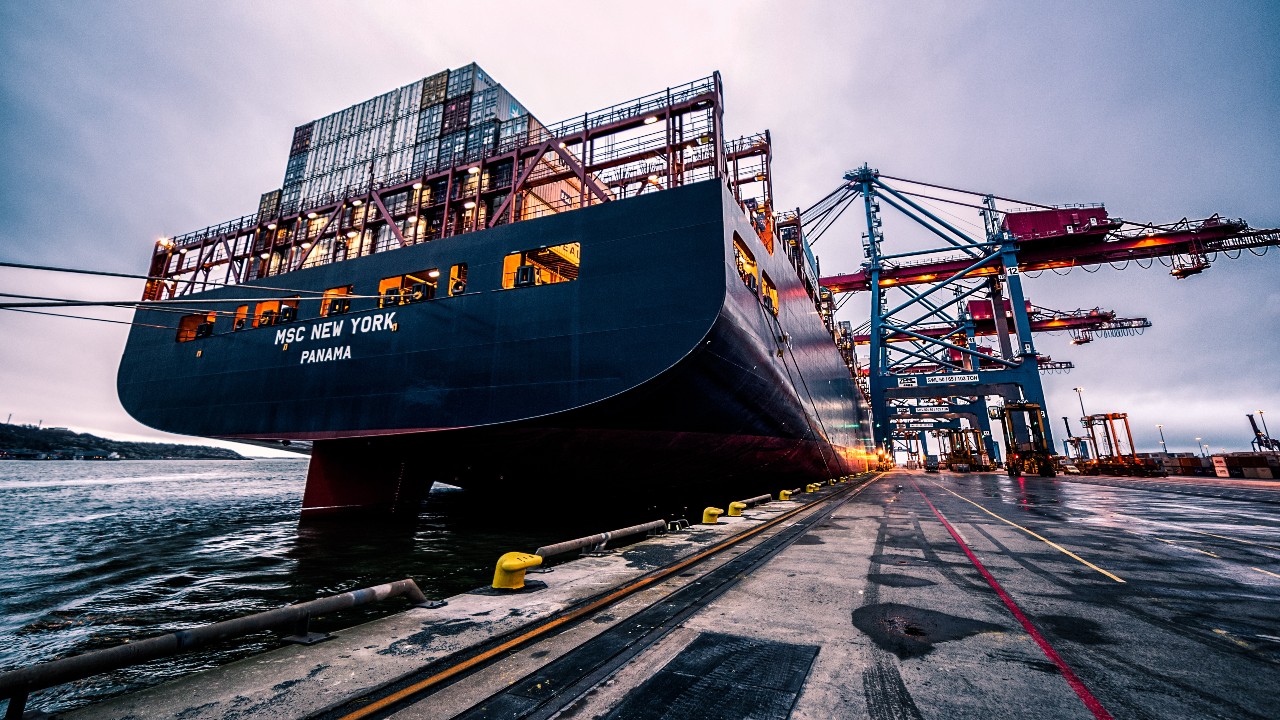The digitalisation of shipping processes and documents will provide billions of dollars in savings and additional business, according to a new study by McKinsey & Company.
The report, released this month, says the switch from paper to digital bills of lading alone ‘could unlock more than US$15.5 billion in direct benefit to the shipping ecosystem and up to $40 billion in increased trade’.
With documentation for a single shipment currently requiring around 50 sheets that are exchanged with up to 30 different stakeholders, and the bill of lading accounting for between 10 to 30 per cent of trade documentation costs, there are significant opportunities both to make savings and create new business, said the report.
Electronic bills of lading could create direct cost savings of US$6.5bn ‘for all stakeholders’. Carriers would save up to $2.1bn as the result of ‘more direct interaction with shippers, and streamlined and digitalised workloads’, and be able to develop new revenue streams from changes such as ‘improved customer journeys’. A further $6.9 billion ‘could be unlocked for the broader trade ecosystem’.
With the shipping industry well placed to digitalise bills of lading – with Digital Container Shipping Association (DCSA) standards accepted by nine carriers that represent 70 per cent of container trade, low investment costs and digital transactions already taking place – McKinsey estimates that ocean trade can adopt digital documentation in three to four years and achieve 100 per cent compliance by 2030.
More information on the McKinsey report here.
Photo by Albin Berlin on Pexels.

